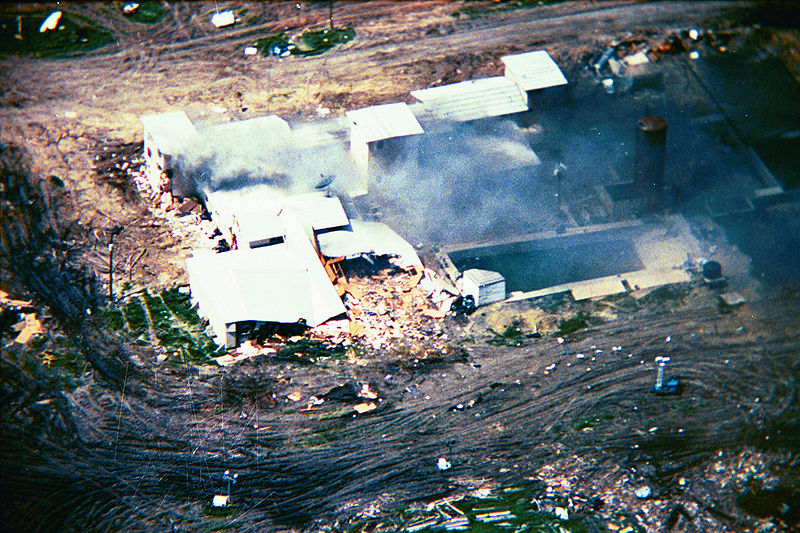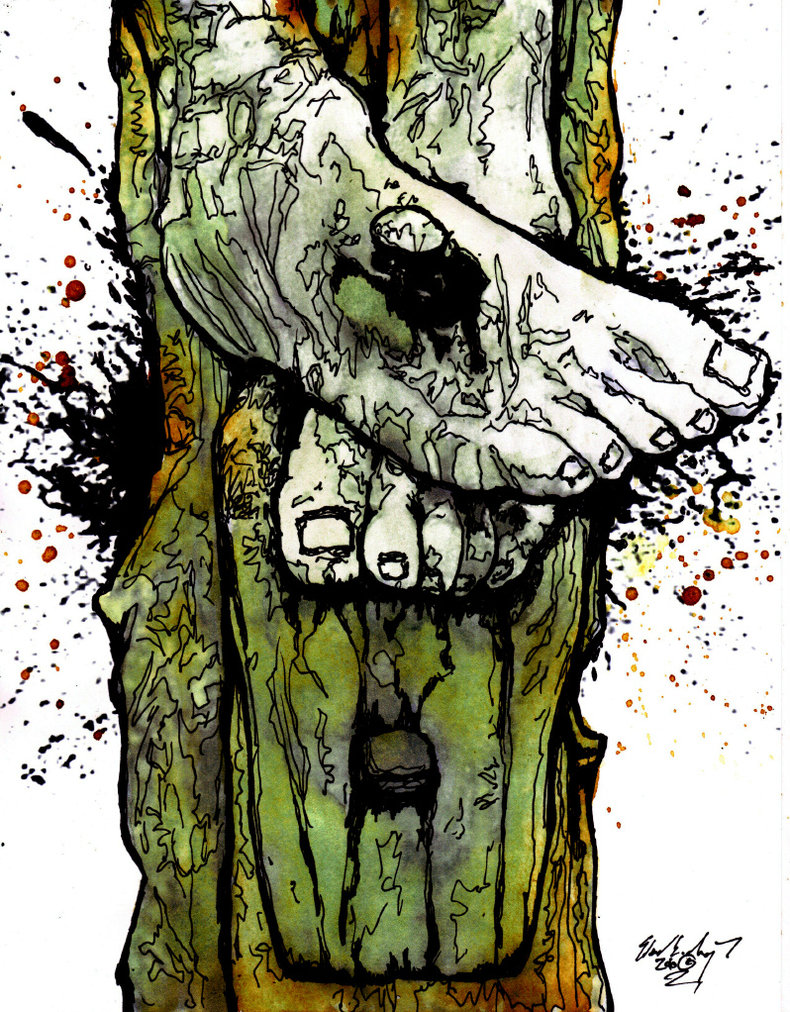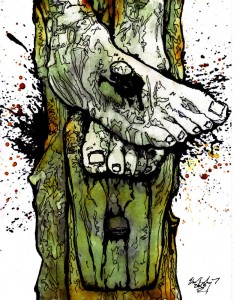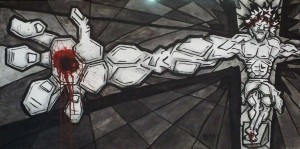Today — April 19, and tomorrow, April 20 — we have a trio of tragedies to remember.
Full disclosure: I’m about to steal liberally from Wikipedia.
April 19, 1993: Waco, Texas
The Waco siege began on February 28, 1993, and ended violently 50 days later on April 19. The siege began when the United States Bureau of Alcohol, Tobacco and Firearms (ATF), accompanied by several members of the media, attempted to execute a search warrant at the Branch Davidian ranch at Mount Carmel, a property located 9 miles (14 km) east-northeast of Waco, Texas. On February 28, shortly after the attempt to serve the warrant, an intense gun battle erupted, lasting nearly 2 hours. In this armed exchange, four agents and six Branch Davidians were killed. Upon the ATF’s failure to execute the search warrant, a siege was initiated by the Federal Bureau of Investigation. The siege ended 50 days later when a fire destroyed the compound when a second assault was launched. 76 people (24 of them British nationals) died in the fire, including more than 20 children, two pregnant women, and the sect leader David Koresh.

April 19, 1995: Oklahoma City
The Oklahoma City bombing was a terrorist bomb attack on the Alfred P. Murrah Federal Building in downtown Oklahoma City on April 19, 1995. It would remain the most destructive act of terrorism on American soil until the September 11, 2001 attacks. The Oklahoma blast claimed 168 lives, including 19 children under the age of 6, and injured more than 680 people. The blast destroyed or damaged 324 buildings within a sixteen-block radius, destroyed or burned 86 cars, and shattered glass in 258 nearby buildings. The bomb was estimated to have caused at least $652 million worth of damage. Extensive rescue efforts were undertaken by local, state, federal, and worldwide agencies in the wake of the bombing, and substantial donations were received from across the country. The Federal Emergency Management Agency (FEMA) activated eleven of its Urban Search and Rescue Task Forces, consisting of 665 rescue workers who assisted in rescue and recovery operations.
Within 90 minutes of the explosion, Timothy McVeigh was stopped by Oklahoma State Trooper Charlie Hanger for driving without a license plate and arrested for unlawfully carrying a weapon. Forensic evidence quickly linked McVeigh and Terry Nichols to the attack; Nichols was arrested and within days both were charged. Michael and Lori Fortier were later identified as accomplices. McVeigh, an American militia movement sympathizer, had detonated an explosive-filled Ryder truck parked in front of the building. McVeigh’s co-conspirator, Terry Nichols, had assisted in the bomb preparation. Motivated by his hatred of the federal government and angered by what he perceived as its mishandling of the Waco Siege (1993) and the Ruby Ridge incident (1992), McVeigh timed his attack to coincide with the second anniversary of the deadly fire that ended the siege at Waco.

April 20, 1999: Columbine High School
The Columbine High School massacre (often known simply as Columbine) occurred on Tuesday, April 20, 1999, at Columbine High School in Columbine, an unincorporated area of Jefferson County, Colorado, United States, near Denver and Littleton. Two senior students, Eric Harris and Dylan Klebold, embarked on a massacre, killing 12 students and 1 teacher. They also injured 21 other students directly, and three people were injured while attempting to escape. The pair then committed suicide. It is the fourth-deadliest school massacre in United States history, after the 1927 Bath School disaster, 2007 Virginia Tech massacre, and the 1966 University of Texas massacre, and the deadliest for an American high school.
April is also a bloody month for other days, like the Virginia Tech massacre on April 16, 2007 and the start of such bloody conflicts as the American Revolution and the Civil War. I could mention dozens of other bloody events that happened in April, but I think this is quite enough for now. If you want a fuller accounting of the bloodshed, check out this article by Chaotic Ramblings
I pray for everyone who died in those tragedies. As I write this, the sun is shining through my window, warming my hands as I pound away on the keyboard. I’m going to make this a good day, despite those bad memories.
I suggest you do the same.















